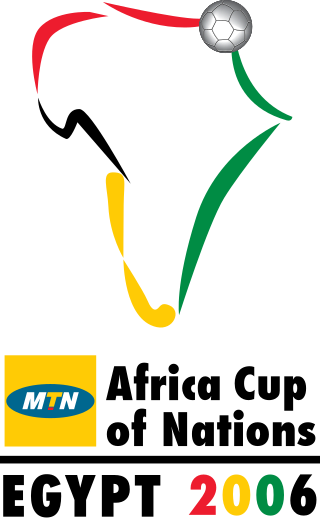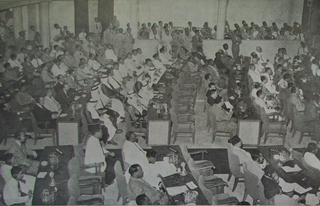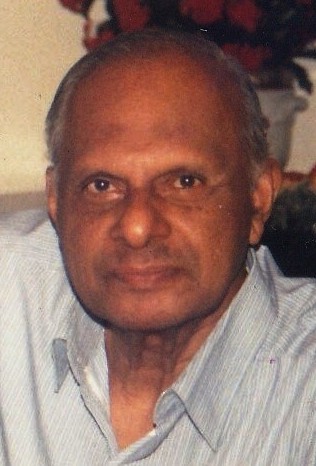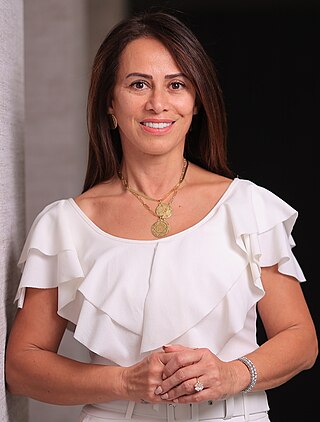Related Research Articles

The Colombo Plan is a regional intergovernmental organization that began operations on 1 July 1951. The organization was conceived at an international conference, The Commonwealth Conference on Foreign Affairs held in Colombo, Ceylon in January 1950, and was attended by the finance ministers of Australia, the United Kingdom, Canada, Ceylon, Pakistan and New Zealand, and the prime ministers of Ceylon and India. Membership has expanded significantly over the years to the current 28 governments.
Sirima Ratwatte Dias Bandaranaike, commonly known as Sirimavo Bandaranaike, was a Sri Lankan politician. She was the world's first female prime minister when she became Prime Minister of Sri Lanka in 1960. She chaired the Sri Lanka Freedom Party (SLFP) from 1960 to 1994 and served three terms as prime minister, two times as the chief executive, from 1960 to 1965 and from 1970 to 1977, and once again in a presidential system from 1994 to 2000, governing under the presidency of her daughter Chandrika Kumaratunga.

The Asian Cricket Council (ACC) is a cricket organization which was established in 1983, to promote and develop the sport of Cricket in Asia. Subordinate to the International Cricket Council, the council is the continent's regional administrative body, and currently consists of 27 member associations. Jay Shah is the current president of Asian Cricket Council.

The Confederation of African Football (CAF) (in French Confédération Africaine de Football) is the administrative and controlling body for association football, beach soccer, and futsal in Africa. It was established on 8 February 1957 at the Grand Hotel in Khartoum, Sudan by the national football associations of: Algeria, Egypt, Ethiopia, Nigeria, and South Africa. following formal discussions between the aforementioned associations at the FIFA Congress held on 7 June 1956 at Avenida Hotel in Lisbon, Portugal.

The 2006 Africa Cup of Nations was the 25th edition of the Africa Cup of Nations, the association football championship of Africa. It was hosted by Egypt, from 20 January to 10 February. Just like in 2004, the field of sixteen teams was split into four groups of four. Egypt won its fifth championship, beating Ivory Coast in the final 4–2 in a penalty shootout after a goalless draw.

The Games of the New Emerging Forces were the games set up by Indonesia as a counter to the Olympic Games. Established for the athletes of the so-called "emerging nations", GANEFO was the name given both to the games held in Jakarta in 1963 and the 36-member sporting federation established the same year. A second GANEFO scheduled for Cairo in 1967 was cancelled and GANEFO had only one subsequent event, an "Asian GANEFO" held in Phnom Penh in 1966.

Zamalek Sporting Club, commonly referred to as Zamalek, is an Egyptian sports club based in Giza, Egypt. The club is best known for its professional men's football team, which plays in the Egyptian Premier League, the top tier of the Egyptian football league system. The club is renowned for its consistent success at both domestic and continental levels, regularly contending in CAF tournaments.

The first large-scale Asian–African or Afro–Asian Conference, also known as the Bandung Conference, was a meeting of Asian and African states, most of which were newly independent, which took place on 18–24 April 1955 in Bandung, West Java, Indonesia. The twenty-nine countries that participated represented a total population of 1.5 billion people, 54% of the world's population. The conference was organized by Indonesia, Burma (Myanmar), India, Ceylon, and Pakistan and was coordinated by Ruslan Abdulgani, secretary general of the Ministry of Foreign Affairs of the Republic of Indonesia.
Hamilton Shirley Amerasinghe, CCS was a Sri Lankan diplomat and civil servant. He was High Commissioner to India and concurrently Ambassador to both Nepal and Afghanistan (1963–1967) and Permanent Secretary of the Ministry of Finance and Treasury and the Ministry of Health. Amerasinghe served as Ceylon's Permanent Representative to the United Nations 1967 to 1980 and served as President of the United Nations General Assembly in 1976. He was also one of the leaders of the negotiations to draft the United Nations Convention on the Law of the Sea.

Deshamanya Vernon Loraine Benjamin Mendis was a prominent Sri Lankan diplomat, who served as the United Nations' Special Envoy to the Middle East. He is referred to as the Sri Lanka's Father of Diplomacy due to his role in formation of the country's diplomatic service and has served as Sri Lankan High Commissioner to the United Kingdom, Canada; Ambassador to France, Cuba and Secretary General of the Non Aligned Movement.
The 1987 Afro-Asian Club Championship, was the 2nd Afro-Asian Club Championship competition endorsed by the Confederation of African Football (CAF) and Asian Football Confederation (AFC), contested between the winners of the African Champions' Cup and the Asian Club Championship, it was the last time were contested over a single match; from 1988 until 1998 the competition was held in a two-legged tie format.

Essam Baheeg was an Egyptian football manager and former footballer who played as a winger for Zamalek. He also played for the Egyptian national team, and represented his country and was part of the team that won the 1959 Africa Cup of Nations, and scored the two winning goals for his country in the final.

Iman Mutlaq is a Jordanian entrepreneur, businesswoman, financier and social activist. She is the founder and President of multinational financial companies; Sigma Investments and INGOT.

The Afro-Asian People's Solidarity Organisation (AAPSO) is an international non-governmental organization dedicated to the ideals of national liberation and Third World solidarity. The organization is based in Egypt and has around 26-50 staff.
The 1957 African Asian Peoples' Solidarity Conference, also known as the "Cairo Conference", was held from December 26, 1957 to January 1, 1958 in Cairo, Egypt. Participants discussed international cooperation and geopolitics. This conference reaffirmed the ten principles from the Bandung Conference and added four more exclusive principles, mostly about nuclear affairs.

Results of India national football team from 1938 to 1959.

Third Conference of the Non-Aligned Movement on 8–10 September 1970 in Lusaka, Zambia was the third conference of the Non-Aligned Movement. A preparatory meeting of Foreign Ministers drafted a number of resolutions which were considered by the Summit Conference. President of Zambia Kenneth Kaunda opened the conference by underlining non-alignment as "the natural choice at the time of increased hostility created by ideological conflicts in the bipolar world"
Second Summit Conference of Heads of State or Government of the Non-Aligned Movement on 5–10 October 1964 in Cairo, United Arab Republic (Egypt) was the second conference of the Non-Aligned Movement which followed the Belgrade Conference of 1961 and preceded the Lusaka Conference of 1970. The city of Cairo was selected as a host of the summit conference at the preparatory meeting held in Colombo, Ceylon, on March 23, 1964. At the beginning of the conference the chairmanship of the Movement was transferred from the President of Yugoslavia Josip Broz Tito to the President of Egypt Gamal Abdel Nasser.
Lotus was a trilingual political and cultural magazine which existed between 1968 and 1991. The magazine with three language editions was published in different countries: Egypt, Lebanon, Tunisia and German Democratic Republic. It contained one of the early postcolonial literary criticisms employing non-Eurocentric modes.
The Afro-Asian Film Festival (AAFF) was an International film festival which was held in Tashkent, Cairo, and Jakarta during 1958, 1960, and 1964 respectively. The first Afro-Asian Film Festival took place in Tashkent, Uzbekistan in 1958. A total of 14 Asian and African countries participated, along with eight other Soviet Asian nations.
References
- ↑ Amy Aisen Kallander Tunisia's Modern Woman: Nation-Building and State Feminism in the Global 1960s
- ↑ Asian-African Conference of Women. The First Asian-African Conference of Women : Report of the Proceedings 15-24 February 1958. Colombo Ceylon: Conference; 1958.
- ↑ Tamim Ansary (2012) Games without Rules: The Often-Interrupted History of Afghanistan